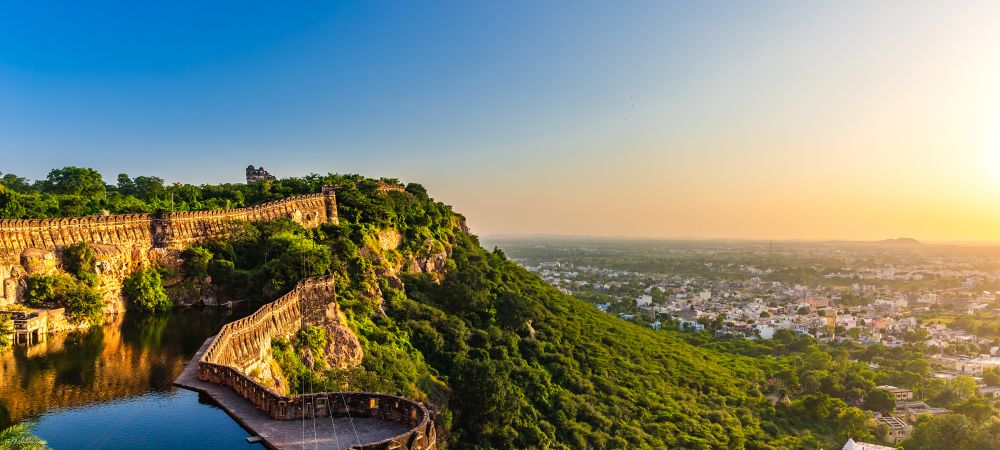

Chandigarh, the shared capital of the states of Punjab and Haryana in India, is a symbol of modernist architecture and town planning. The history of its tourism can be traced back to its very inception as the first planned city of independent India.
The city of Chandigarh was conceptualized after the partition of India in 1947, which left the state of Punjab without a capital. Jawaharlal Nehru, the first Prime Minister of India, commissioned the renowned French architect Le Corbusier to design a city that breaks from the past and becomes a symbol of India's progress and modern face. Completed in 1953, Chandigarh is celebrated for its grid-like urban layout, open spaces, and modernist buildings.
Over the years, Chandigarh has attracted tourists who are interested in its unique architectural style and planning. The city’s key attractions like the Open Hand Monument, Sector 17 Plaza, and the government buildings such as the Secretariat, High Court, and Legislative Assembly are exemplary of Le Corbusier’s modernist vision.
The Rock Garden, created by artist Nek Chand Saini, became a sensation and a major tourist attraction. It's a sculpture garden built from industrial and home waste and thrown-away items, signifying innovation in art and recycling. Nearby, Sukhna Lake offers a tranquil escape and is a popular spot for picnics, walks, and water activities, broadening Chandigarh's appeal to include nature enthusiasts.
Tourism in Chandigarh also grew due to various cultural festivals and events that showcased local and regional arts, dances, and cuisines. The city became a hub for recreational activities, ranging from shopping at the bustling markets to enjoying the local Punjabi cuisine at dhabas and fine dining restaurants.
With the advent of the new millennium, Chandigarh saw an increase in infrastructural development aimed at boosting tourism. The construction of a new terminal at the Chandigarh Airport and the development of an extensive road network made the city more accessible to national and international tourists. Hotels, malls, and multiplexes sprang up to cater to the needs of a growing number of visitors.
In recent years, Chandigarh has embraced the concept of sustainable tourism, with initiatives aimed at preserving the city's heritage while promoting responsible travel. The introduction of bicycle tours, eco-friendly hotels, and awareness programs for tourists are part of this trend. The city has also become an important stopover for travelers heading to the hill stations of Himachal Pradesh, further positioning it as a key player in the touristic landscape of Northern India.
From its origins as a model of new urbanism to its current status as a thriving tourist destination, Chandigarh's history of tourism is a testament to the city's evolving appeal and adaptive spirit. By maintaining its unique heritage and responding to changing tourism trends, Chandigarh continues to enchant visitors from across the globe.